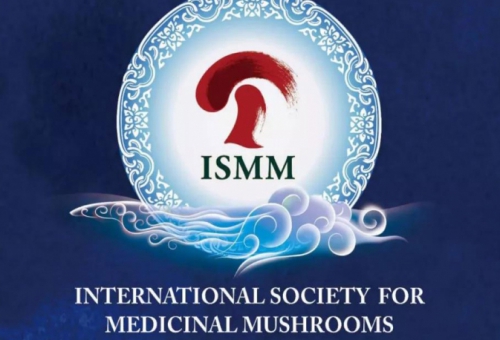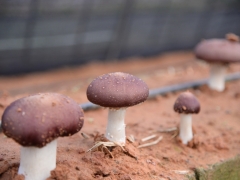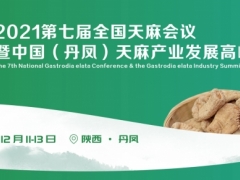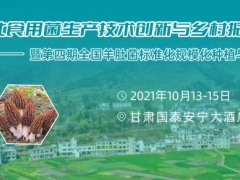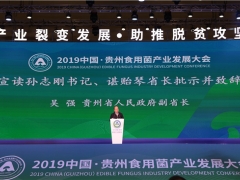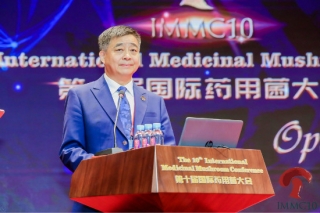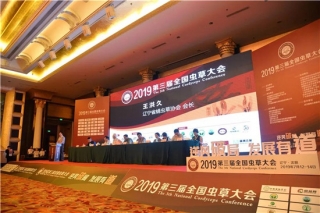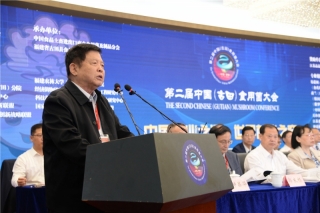With a strong focus on a triple bottom line (a measure of business' sustainability that incorporates people, planet, profit), Premier Mushrooms began incorporating environmentalism as part of its business practices about a year ago, said CEO John Ashbaugh.
"Most mushroom farms are generally pretty green to begin with," he said.
Ashbaugh took a tour of the Sierra Nevada Brewery and was impressed by what it was doing with solar energy and other environmentally focused processes, sparking his interest to see what could be done for Premier.
He brought Kevin Foley on board. Foley was a recent graduate of Chico State's Net Impact program, a program focused on social responsibility, nonprofit management, and environmental sustainability in business. He soon was documenting everything that needed to be measured and eco-managed.
Within three months the results were apparent. Ashbaugh says that they began to bale a significantly larger amount of plastic than previously.
The company also now measures its water consumption. All the residual water from the growing process is reused for composting, allowing Premier Mushroom to become a zero-discharge facility.
All the major ingredients that go into the process are composted. These include cottonseed meal (a byproduct), gypsum board from construction, dried poultry waste and wheat straw. The compost is used to grow the mushrooms, then even the stems get recycled back in. Premier generates around 15,000 tons of compost, which is then sold and used as soil amendment in a local orchard. The loop becomes a closed circle.
Bar codes on every flat allow each one to be traced to the specific picker, room and vendor.
"It's pretty technologically advanced," said Ashbaugh, "and the result is quality yields."
There are many other green measures the company follows.
Before releasing air back into the atmosphere, it's scrubbed clean, then sent through several large industrial bio-filters.
Premier's energy efficiency measures include efficient lighting, refrigeration retrofits and strip curtains that hold in cold air.
The company is now looking at ways to improve its outputs, finding new ways to ways to extract and use the energy from the digester.
Premier also is seeking alternative uses for its compost, Ashbaugh said. It's following up on a recently introduced methodology that could turn it into a casing/packaging material.
"What's exciting about ag right now," said Ashbaugh, "(is) the combination of science, technology, biology, agriculture — it's all coming together with some interesting results."
Source: www.redding.com
Publication date: 7/24/2012





